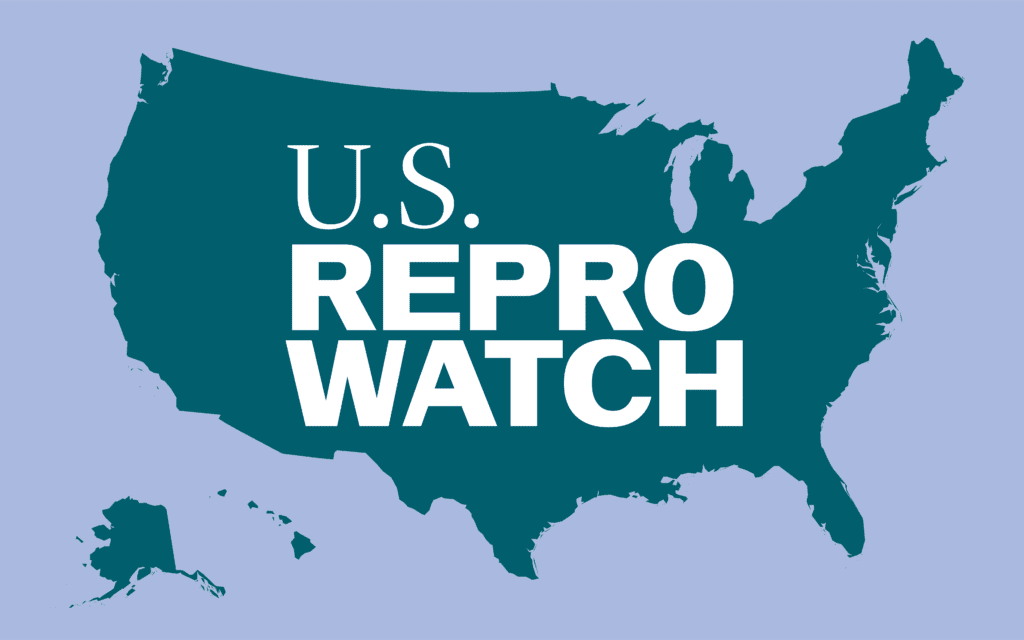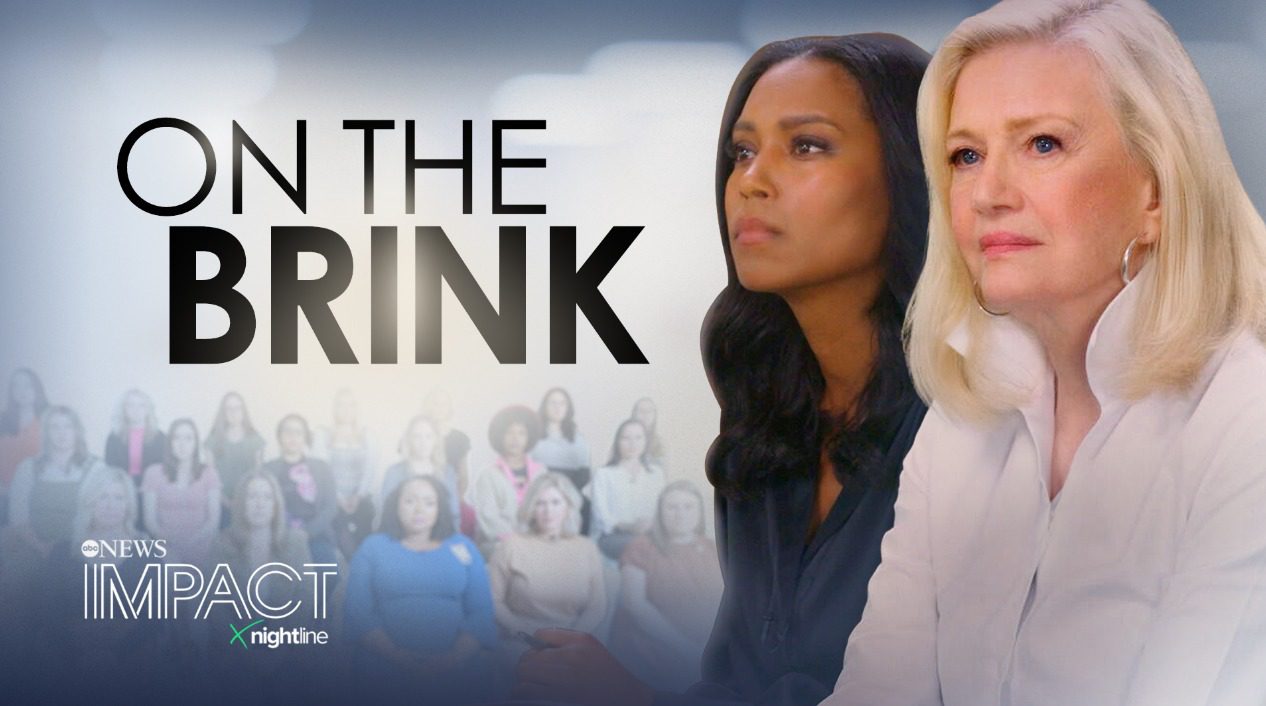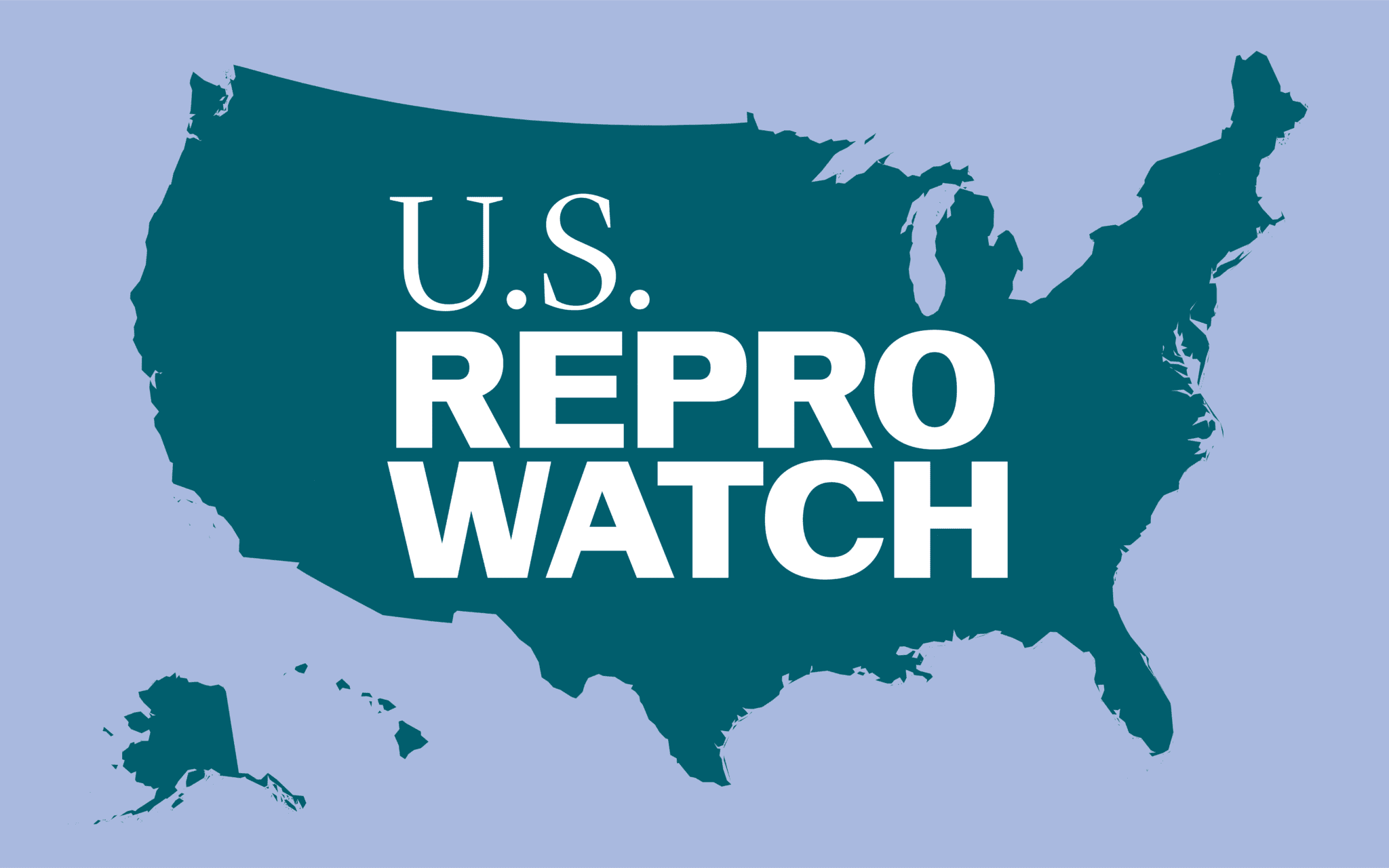U.S. Repro Watch, January 11
SCOTUS agrees to hear case on emergency medical treatment under abortion bans, more women denied abortion care join case against Tennessee, and more news on U.S. reproductive rights.

U.S. Repro Watch provides periodic updates on news of interest on U.S. reproductive rights. Below are recent items you won’t want to miss.
But first, what is EMTALA?
Some of the news in this issue deals with the Emergency Medical Treatment and Labor Act, also known as EMTALA—a federal law requiring hospital emergency departments to provide “stabilizing treatment.” Last year, Health and Human Services Secretary Xavier Becerra told hospitals across the country that EMTALA requires them to provide care, including abortion care, to prevent patients from dying or experiencing serious damage to their bodily functions.
1. The U.S. Supreme Court agreed to hear another major abortion case and allowed Idaho to enforce its near-total abortion ban, despite EMTALA.
- On January 5, the Court agreed to hear a case filed by the Department of Justice (DOJ) regarding an Idaho abortion ban and lifted a court order protecting access to emergency abortion services in the state. DOJ argues that Idaho’s near-total ban conflicts with EMTALA. The Court will hear the case later this term.
- Until then, Idaho hospitals are not obligated to stabilize pregnant people with dire pregnancy complications in need of abortion care.
- “EMTALA is currently the only federal protection for patients who need emergency abortions,” said Nancy Northup, president and CEO of the Center for Reproductive Rights, in a statement. “If the Supreme Court eviscerates that, there is no doubt that people will die.”
Learn more.
Center Plaintiffs Featured on ABC News Special
Diane Sawyer and Rachel Scott interview women denied abortion care despite dangerous pregnancy complications and report on the dire impact of abortion bans on pregnant people and physicians.
2. A federal court ruled that Texas hospitals are not required to provide emergency abortions to stabilize the life of a patient, despite EMTALA.
- The Fifth Circuit Court of Appeals ruled in favor of Texas Attorney General Ken Paxton and anti-abortion groups in ruling that the state’s abortion ban takes precedence over EMTALA.
- Rabia Muqaddam, senior staff attorney at the Center, said the ruling “shows a complete disregard for the lives of pregnant people.”
3. More women joined a lawsuit against the state of Tennessee after being denied abortions while suffering from dangerous pregnancy complications.
- The lawsuit, Blackmon v. State of Tennessee, which added four new plaintiffs on January 8, asks the court to clarify the scope of the medical necessity exception to the state’s abortion ban.
- The Center also asked the court for a temporary injunction, which would immediately block Tennessee’s abortion ban as applied to patients with dangerous pregnancy complications while the case proceeds.
4. Florida ballot initiative protecting abortion rights advances after surpassing the number of signatures needed to be included in the next election.
- The proposed amendment, which would allow abortions in Florida to remain legal until viability, will require 60% voter approval to take effect.
- Whether the amendment will end up in front of voters hinges on the state’s conservative Supreme Court, which has until April to decide if it’ll approve the language for use on the ballot.
Cases: Medical Exceptions to State Abortion Bans
Read about the Center’s work on behalf of women denied abortion care despite facing dangerous pregnancy complications.
Did you know?
Eighty-five percent of voters across party lines support support a rule requiring all U.S. hospitals to provide an emergency abortion when it is “medically necessary,” according to a new survey from Data for Progress.
“If the Supreme Court takes another stance restricting abortion for millions of Americans nationwide, its decision would yet again be out of step with the majority of voters,” said a senior fellow at Data for Progress, referring to the Court’s announcement to hear the Idaho EMTALA case. (See #1 above.)
Coming Up
January 17: Hearing on North Carolina’s abortion restrictions.
- North Carolina requires doctors to provide medication abortion in person at a specific type of facility after a 72-hour waiting period. The state also mandates counseling and, in some cases, an ultrasound examination.
U.S. Repro Watch
Read previous U.S. Repro Watch posts.
February 7: Florida Supreme Court to hear arguments on an abortion rights ballot initiative.
- The arguments will center on whether the Court should approve the wording of the proposed constitutional amendment and allow it to go on the November ballot.



